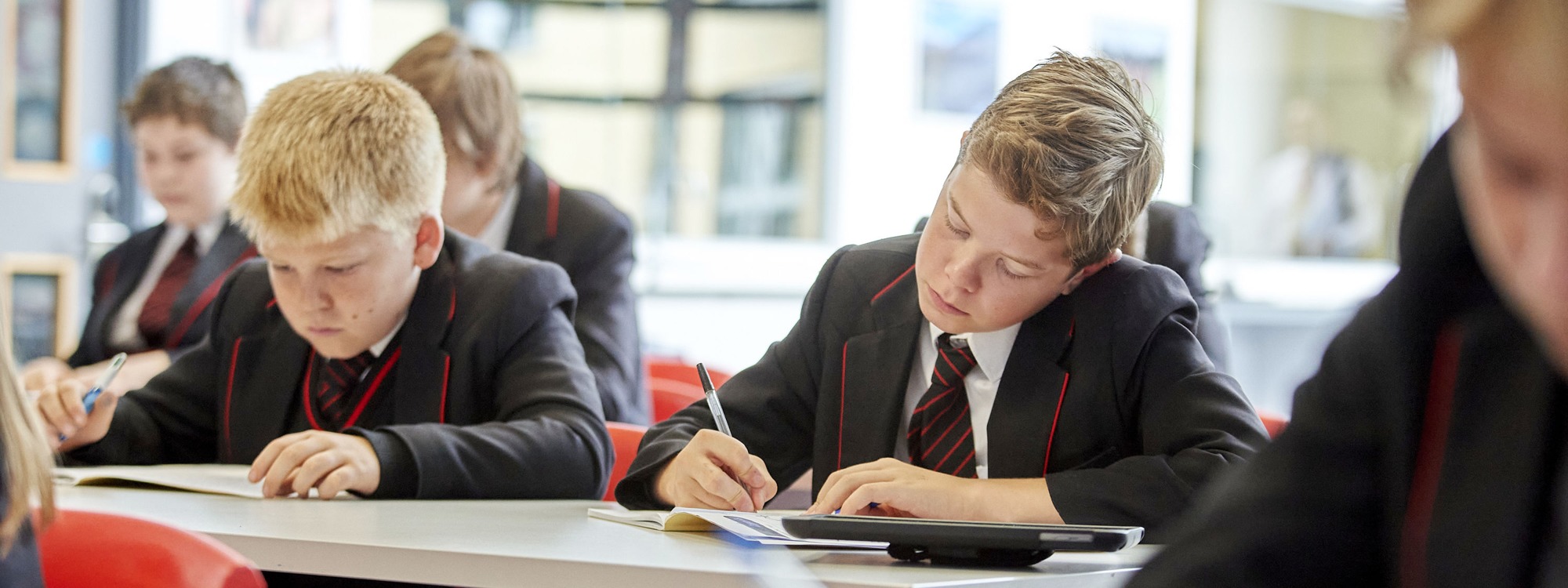Languages
What is the intent of our Languages Curriculum?
At The Skinners’ Kent Academy, we believe that learning a Language is an essential component of our internationally-focused curriculum and that it highly contributes to provide students with valuable educational, social and economic benefits for their future.
As such we seek to make learning a language Engaging, Inclusive and Aspirational.
We aim to:
· Establish a Languages teaching and learning environment where Languages are accessible, engaging and manageable to all.
We provide our students with a positive, pro-active and welcoming learning environment. We encourage our students to experiment with what they have learnt so they can manipulate the language for their own personal benefit and feel successful at learning it. We use authentic resources, engaging games and interactive experiences to make learning a language fun and varied. Study of foreign language films, music, YouTube videos and texts are all common place in the Languages classroom.
· Develop our students’ intercultural understanding and cultural capital so they become ambassadors for inclusive and vibrant communities.
Our curriculum adopts and leads an obvious, stated and celebrated global perspective in our teaching, which goes beyond France or Spain. We ensure students learn about cultural differences, festivities and historical facts so they become agile in our increasingly multi-cultural society. International mindedness and intercultural understanding are paramount values that we wish to instil in our students.
· Set high aspirations for all our students to widen their employability prospects and benefit from the life-long learning skills gained.
Our Languages teachers’ mission is to ensure that our students develop their communication and thinking skills along with their curiosity during their language learning journey. Studying a language encourages a better awareness of your own language and as a result develops your literacy. Our students learn to become risk-takers by overcoming their shyness and by manipulating concepts to convey their own opinions. Such skills are highly valued in the working environment and become life-long learning habits worth nurturing.
Co-curricular and Enrichment opportunities
The Languages department offers a range of enrichment opportunities to help them become responsible citizens and who can make a positive contribution to society, such as a cultural day trip to explore Boulogne-sur-Mer and visit the Nausicaa Aquarium, the celebration of the European Day of Languages, and much more!
Years 7, 8 & 9
MYP and Interdisciplinary learning (Years 7-9)
The study of languages in the Middle Years Programme (MYP) provides students with the opportunity to develop insights into the features, processes and craft of language and the concept of culture, and to realize that there are diverse ways of living, viewing and behaving in the world.
Students explore key and related concepts through MYP global contexts.
-
Identities and relationships
-
Orientation in space and time
-
Personal and cultural expression
-
Scientific and technical innovation
-
Globalization and sustainability
-
Fairness and development
Each language acquisition objective corresponds to one of four equally weighted assessment criteria. Each criterion has eight possible achievement levels (1–8), divided into four bands with unique descriptors that teachers use to make judgments about students’ work.
- MYP Criterion A: Comprehending spoken and visual text
- MYP Criterion B: Comprehending written and visual text
- MYP Criteria C: Communicating in response to spoken and/or written and/or visual text
- MYP Criterion D: Using language in spoken and/or written form
Year group Implementation
All students learn French and Spanish through a variety of relevant and engaging topics, such as family and friends, holidays, healthy living… A great emphasis on gaining systematic knowledge of the vocabulary, grammar, sound and spelling systems (phonics) of the language is in the core of the curriculum through a mastery approach and extensive planned practice in order to build the skills needed for communication.
The department has, over the past few years, put into use interactive resources for KS3 and is continuously updating the unit planners to allow the progression and development of language-learning skills that students may have acquired through learning a language at Key Stage 2.
From Year 8, students choose either French or Spanish to continue up to GCSE.
Years 10 & 11
Course Title: French (8658) Spanish (8698)
Exam Board: AQA
Qualification: GCSE
In KS4, we follow the AQA specification for French and Spanish. The course aims to develop students’ language skills within a variety of contexts, relating to their own lifestyle and that of other people, including people in countries/communities where the Target Language is spoken. The course builds on Key Stage 3 study and prepares students for further study.
In order to master specific structures and grammar, students are regularly tested to enable them to produce work confidently.
"Without grammar very little can be conveyed,
without vocabulary nothing can be conveyed."
David Wilkins
Students study all of the following themes on which the assessments are based:
- Theme 1: Identity and culture
- Theme 2: Local, national, international and global areas of interest
- Theme 3: Current and future study and employmen
Listening - Paper 1
- Foundation - 35 minutes
- Higher - 45 minutes
- 40/50 marks
- 25% of GCSE
Speaking - Paper 2
- Non-exam assessment
- Foundation - 7-9 minutes
- Higher - 10-12 minutes
- + Preparation Time
- 60 marks
- 25% of GCSE
Reading - Paper 3
- Foundation - 45 minutes
- Higher - 60 minutes
- 60 marks
- 25% of GCSE
Writing - Paper 4
- Foundation - 60 minutes
- Higher - 75 minutes
- 50/60 marks
- 25% of GCSE
For further information, please click here.
Years 12 & 13: Language Development
Course Title: Language Development
Exam Board: IB
Qualification: IBCP
The Language Development component ensures that all CP students are exposed to an additional language and its culture that will increase their understanding of the wider world. Language development extends students in the areas of oral, visual, written linguistic and communicative abilities through a focus on receptive, productive and interactive skills. Language Development includes three interrelated themes consisting of a variety of topics. Each student is required to maintain a language portfolio to chart their progress in the course.
Language Development runs in both years with the other CP core components.
Years 12 & 13: French
Course Title: IB French
Exam Board: IB
Qualification: SL/HL
If you have a talent for learning French, then you might want to consider studying the French IB course. With our world becoming more globalised by the day, the ability to speak French at a higher level can open up many doors in your career and academic life.
The IB French course gives you the opportunity to reach a high degree of competence, to develop the ability to communicate in the target language, to explore the French culture and to facilitate international mindedness.
The main focus of the course is on the development of language skills. These language skills are developed through the study and use of a range of authentic written and spoken material. In doing so, you will develop conceptual understandings of how language works.
Studying the IB French gives you the edge in the job market and enhances many skills that employers look for: an analytical mind; good thought process; amazing memory capacity; fantastic cultural and intercultural awareness; good communication; great team player.
Also, the IB French combines well with virtually any subject for further study.







